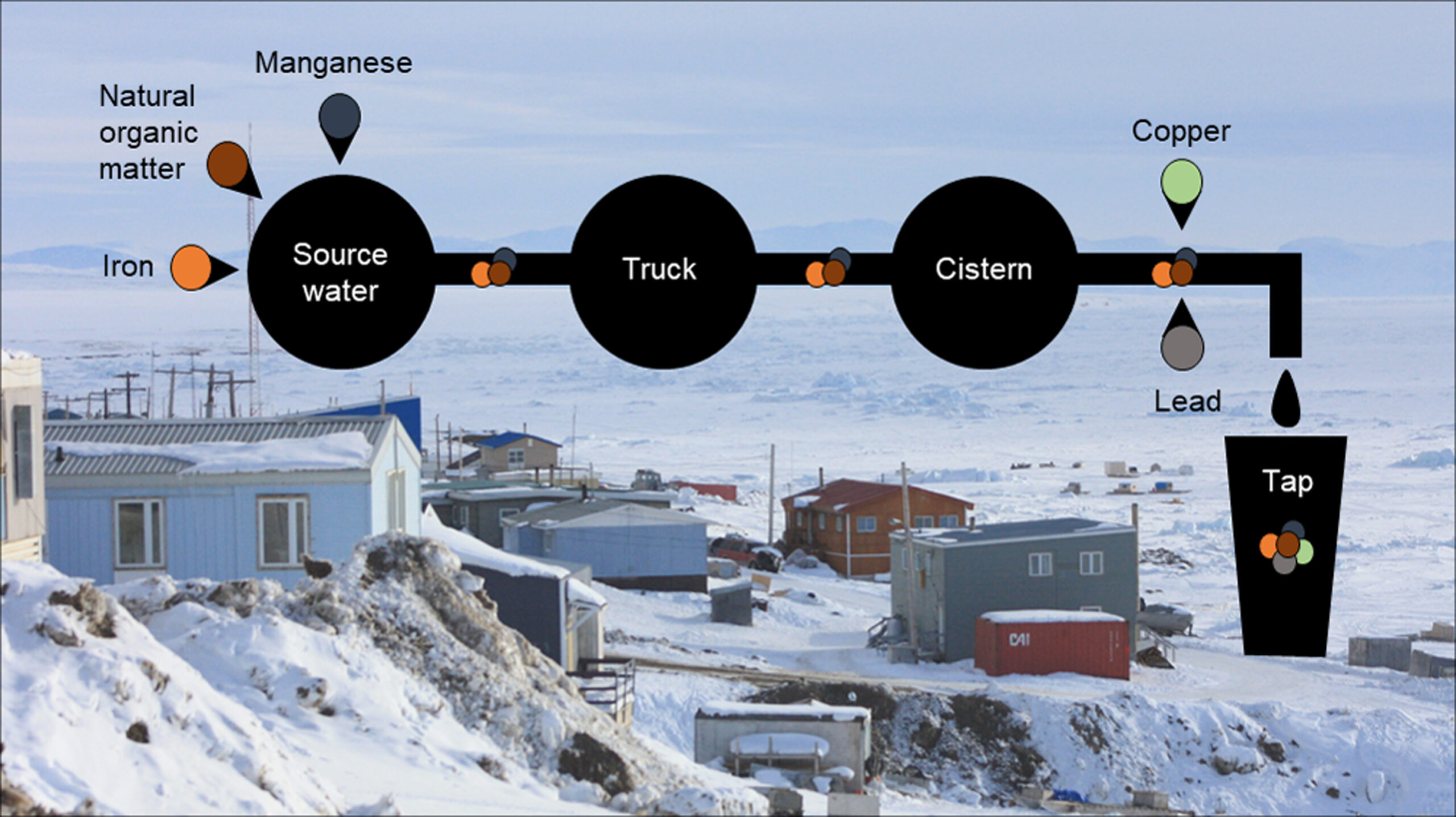
UNHack Challenge 8
Proposed by Dr. Stephanie Gora and Reece Lima–Thompson, Lassonde School of Engineering
How can we improve access to clean drinking water for indigenous communities?
Challenge Summary:
Boil water advisories are a tool utilized by governing officials to communicate with the public that their drinking water is unsafe to consume, unless the water is boiled first, due to potential risk of microbial contamination. Unfortunately, repeat, and long-term boil water advisories have been disproportionally called for the drinking water of small, remote, and rural communities, including Indigenous communities in Canada.
In addition to the financial, operational, and logistical issues faced for drinking water treatment in small and remote communities, these communities also have more relaxed treatment standards compared to other Canadian jurisdictions. For example, 50% of the treatment systems in Nunavut rely exclusively on chlorination for water treatment. Whereas other Canadian jurisdictions, like Ontario, utilize a combination of filtration and disinfection to meet treatment objectives in large and small municipal systems. To add onto this problem, climate change threatens to overwhelm these less robust treatment plants. Increased precipitation, flooding, permafrost degradation, and forest fires are likely to have huge impacts on water safety in all of Canada but especially in small and remote communities.
The two most common causes of boil water advisories in Canada are due to line breaks or pressure loss in the distribution system and power outages at the treatment plant. In recent years, Canada has made significant strides in reducing the amount of long-term boil water advisories on Indigenous reserves. Though, climate change may increase the likelihood of power outages due to extreme weather events and put further stress onto water distribution systems (especially in small and remote communities as they tend to have older and malfunctioning piped distribution systems). How can we add resilience to these treatment plants so that they’re more resistant to the impacts of climate change, in order to ensure that boil water advisories are eventually resolved.
List of Helpful Resources:
Learn more about Dr. Stephanie Gora’s research work
https://www.researchgate.net/profile/Stephanie-Gora
Toward a more equitable water future for Canada -article by Dr. Stephanie Gora
AquaHacking YouTube channel